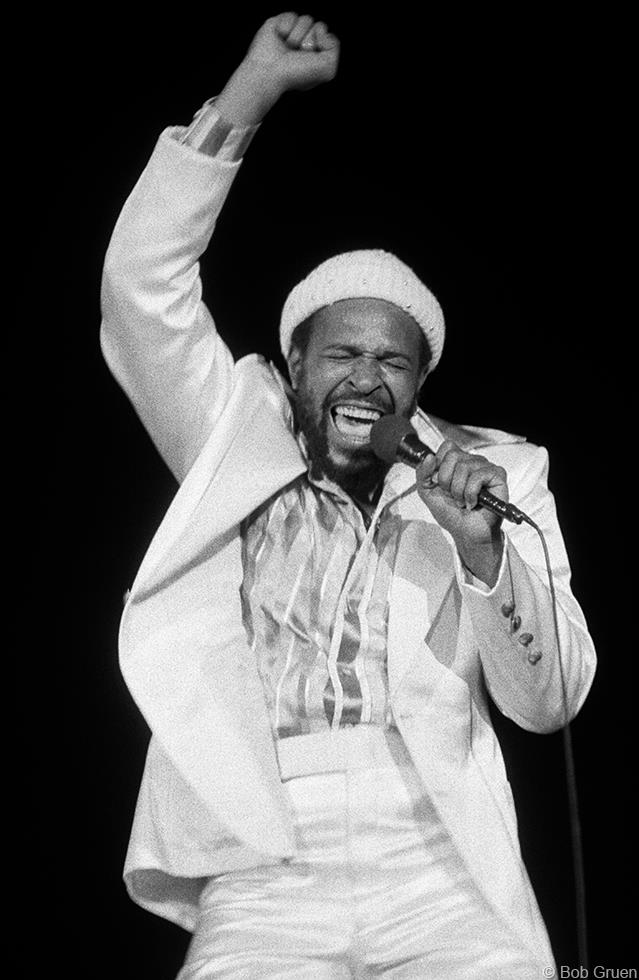An Introduction to "Inner City Blues (Make Me Wanna Holler)"
From the soulful, resonating voice of Marvin Gaye, comes the poignant track, "Inner City Blues (Make Me Wanna Holler)". This 1970s song, with its deep and thought-provoking lyrics, is a reflection of the socio-economic struggles and political unrest of the era. Despite being over half a century old, its message is as relevant today as it was then, providing a timeless soundtrack to societal issues.
Cultural Impact and Historical Context
The significance of Inner City Blues (Make Me Wanna Holler) lies not only in its melodious composition but also in its powerful cultural impact. It served as an anthem for those grappling with the harsh realities of urban life, and the disillusionment that resulted from broken promises of change. Marvin Gaye's voice, laced with pain and frustration, resonated with people from all walks of life, making this song a cultural milestone in the 1970s.
Interesting Fact and Cover Versions
An interesting fact about this masterpiece is that it was the final track on Marvin Gaye's critically acclaimed album, 'What's Going On'. The raw emotion in this song was so impactful that it inspired a number of cover versions. Notable artists like Grover Washington Jr., Etta James, and John Mayer have all put their unique spin on the track, attesting to its enduring appeal.
Timeless Relevance of "Inner City Blues (Make Me Wanna Holler)"
Despite being a 1970s song, Inner City Blues (Make Me Wanna Holler) continues to resonate with listeners today. Its exploration of themes such as poverty, inequality, and civil rights strikes a chord in a world still grappling with these issues. Marvin Gaye's soulful lament is more than just a song, it's a call for understanding and change, and that is why it remains relevant to this day.













Comments (0)